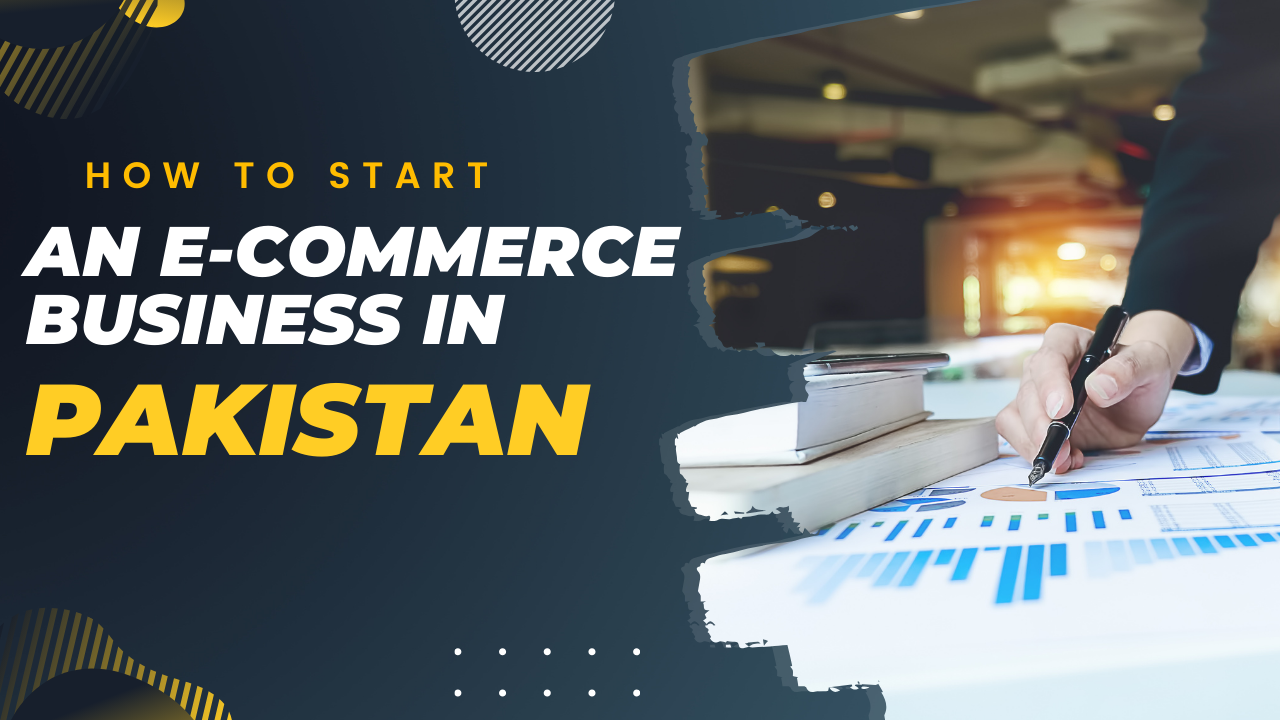E-commerce is rapidly changing the business scene in Pakistan, driven by increased internet usage and the number of online shoppers. About 18% of Pakistanis have shopped online(Business Recorder). With the support of a young, tech-savvy population and ruling policies, this is the best time to invest in e-commerce.Do you want to know how to start an e-commerce business in Pakistan? If yes, then you don’t need to worry.
Start an e-commerce business in Pakistan by following this comprehensive guide on market research, online store setup, and successful launch strategies.
This guide will provide a step-by-step method to start a successful e-commerce business in Pakistan, covering everything from market research to customer service.
Understanding the E-commerce landscape in Pakistan
Market Overview
The e-commerce sector in Pakistan has seen a lot of growth. According to various reports, the market size is expected to exceed 3 billion dollars by 2024. With a population of over 220 million, of which a large portion is young and internet-savvy people, the potential of e-commerce is enormous. The increased use of smartphones, better internet connectivity, and government initiatives to promote digital payments are important in this progress.
Key Players
Many e-commerce platforms like Daraz, Shopify, Telemart, and Homeshopping. Pk is dominant in the market. But, there is a lot of scope for new entrants with unique value propositions. These established platforms have established good standards for customer service, logistics, and product variety, from which new businesses can learn a lot.
Consumer Behavior
Understanding the views of Pakistani consumers is very important for success. People in Pakistan are often price-sensitive and do not trust online transactions, so they mostly prefer the cash-on-delivery (COD) payment method. People express their purchasing decisions on social media, which makes platforms like Facebook and Instagram very important for marketing.
Planning Your E-Commerce Business

Identifying Your Niche
It is important to select a niche so that you can establish your identity in the competitive market. Your niche can be in electronics, fashion, beauty products, groceries, or any other category that has high demand. Do market research to find out about vacant spaces and opportunities in the market. Tools like Google Trends, social media insights, and market research reports can help you find a profitable niche.
Creating a Business Plan
Initial Disclosure: The basic structure and objective of your business should be discussed in brief.
Business Model: How do you intend to earn money, such as direct sales, online sales, or service-based?
Target Audience: Detailed description of your ideal audience.
Market Analysis: Know the trends, competition, and possible challenges of your industry.
Marketing Strategy: Explain how you will manage the customers and keep them intact.
Revenue Projections: Updates of your business’s revenue, expenses, and profits for the next 3-5 years.
Operational Plan: Write a plan for the details of your products or services, inventory management, logistics, and customer service.
Setting Up Your E-Commerce Store
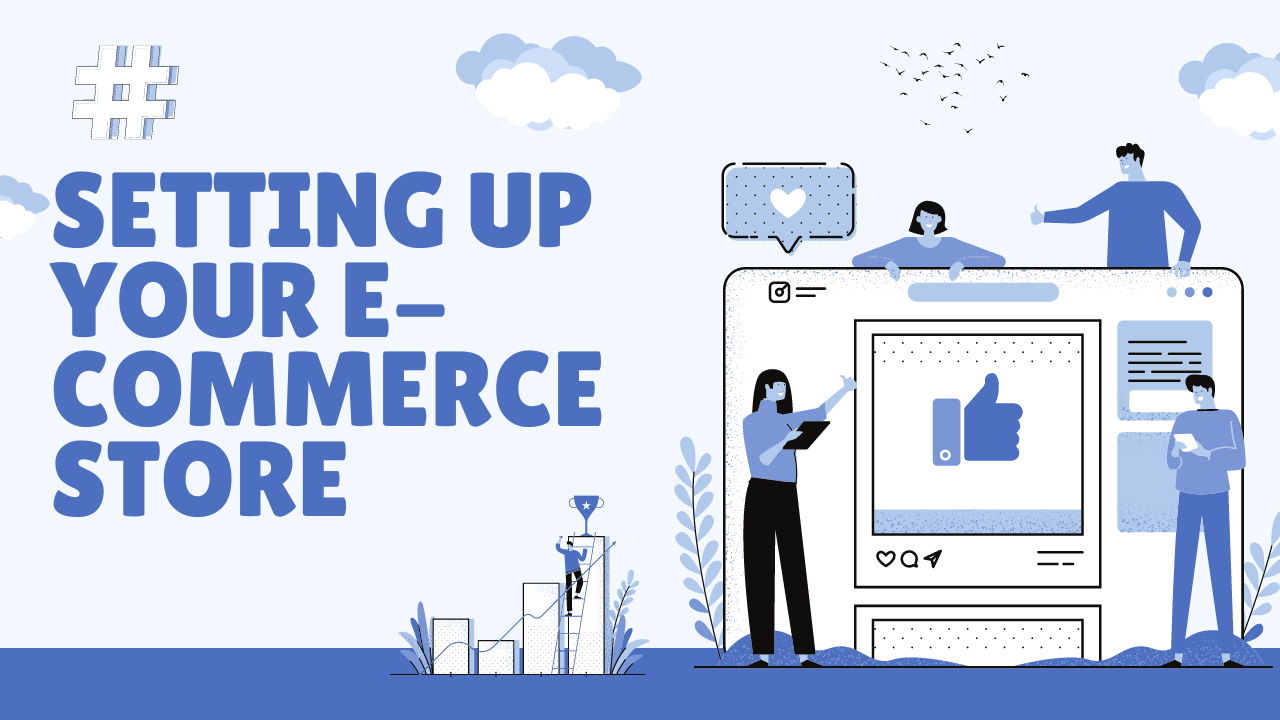
Choosing a Business Name and Domain
Choosing a good and relevant business name connects with your brand and target audience. This means that you should choose a name that reflects the value of your business and attracts your audience. Also keep in mind that the domain name is available, which you can register from platforms like GoDaddy or Namecheap. A good domain name should be short, easy to remember, and visible to your business.
Registering Your Business
Get your business registered with the Securities and Exchange Commission (SECP) of Pakistan. Here you will have to choose the right business structure:
Sole Proprietorship: This is easy and suitable for even the smallest businesses.
Partnership: If you are starting a business with one or more partners, this option is ideal.
Private Limited Company: This is suitable for large businesses and also offers limited liability protection.
For registration with SECP, you will have to submit your business name, structure, and necessary documents.
Building Your Website
You can use platforms like Shopify, WooCommerce, or Magento to build your e-commerce website. Of course, your website should be easy to use, mobile-responsive, and secure. A well-designed website should include the following things:
Homepage: An interesting introduction to your brand.
Shopping Cart: Easy to use and integrates with your payment gateway.
Checkout Process: Easy and secure, with many payment options.
Contact Information: Easy access to detailed customer service.
Designing Your Website
Invest in professional web design for your business so that you can create an attractive and easy-to-understand user interface. Your website should have easy navigation, clear product categories, and a seamless checkout process. All this can be achieved by using customizable themes available on platforms like Shopify and WordPress or with the help of a web designer.
Product Sourcing and Inventory Management

Sourcing Products
You can procure your products from local sources or by importing them. Establish relationships with reliable suppliers for a consistent supply of good-quality products. Attend trade shows, visit wholesale markets, and use online marketplaces like Alibaba to find suppliers. While selecting suppliers, consider factors like product quality, pricing, delivery times, and payment terms.
Inventory Management
Efficient inventory management is necessary to avoid stockouts and overstocking. Track stock levels, manage orders, and streamline operations by using inventory management software like TradeGecko, Zoho Inventory, or Odoo. Some key features of inventory management software include:
Real-Time Tracking: Monitoring stock levels in real-time.
Order Management: Automating order processing and fulfillment.
Reporting: Generating sales, inventory levels, and other reports.
Integration: Integrate with your e-commerce platform and accounting software.
This software helps in making your inventory management efficient and effective.
Setting Up Payment Gateways
Payment Options
Provide multiple payment options keeping in mind different customer preferences. COD, credit/debit card payments, and mobile wallet payments are popular in Pakistan. By offering varied payment methods you can improve customer satisfaction and reduce cart abandonment rates.
Integrating Payment Gateways
Integrate secure payment gateways like JazzCash, Easypaisa, and Bank Alfalah for easy transactions. Make your payment system PCI DSS compliant so that customer data is protected. Collaborate with your payment gateway provider and ensure the integration is set up and tested before going live.
Logistics and Shipping
Choosing a Courier Service
Partner with reliable courier services like TCS, Leopards Courier, or Pakistan Post. Evaluate their delivery times, coverage areas, and costs before finalizing them. Offer multiple shipping options to meet different customer needs, such as standard, express, and same-day delivery.
Shipping Strategies
Offer various shipping options, such as standard and express delivery. Manage customers’ expectations by clearly communicating shipping times and costs to them. Also, try to implement free shipping for orders above a fixed amount to encourage more spending.
Marketing Your E-Commerce Business
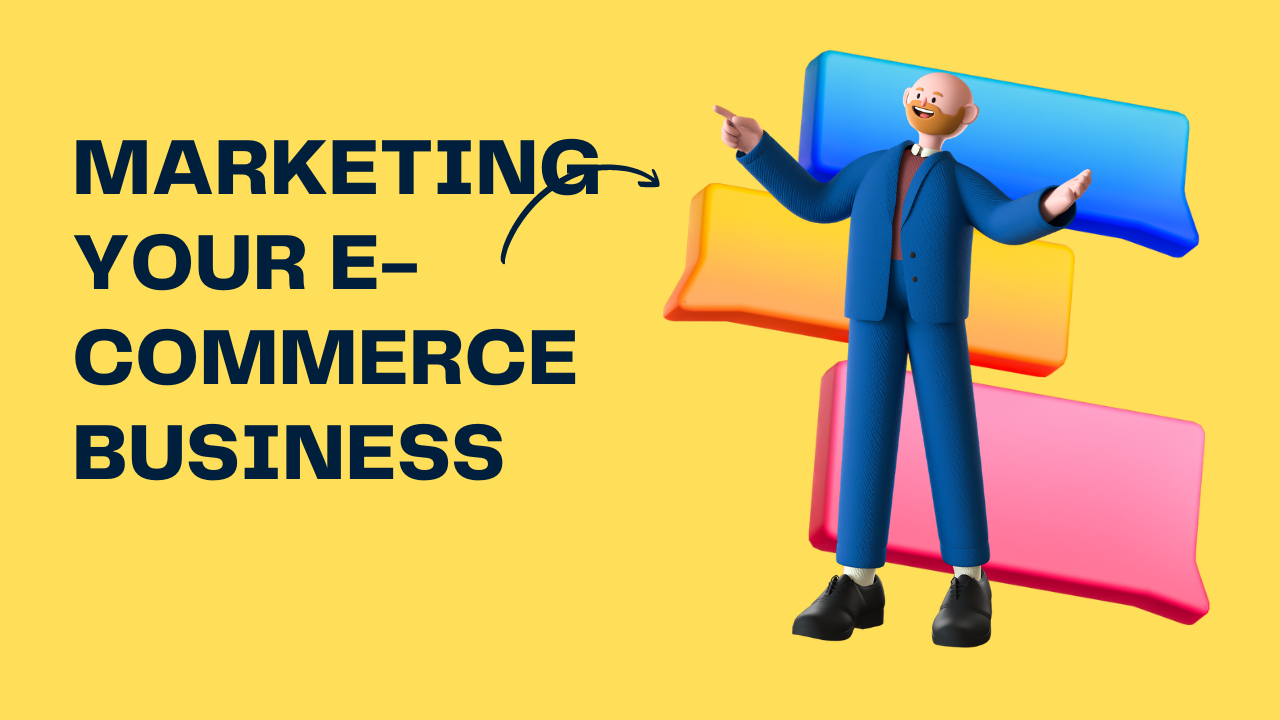
Digital Marketing Strategies
Use social media platforms like Facebook, Instagram, and TikTok to reach your target audience. Invest in search engine optimization (SEO) to improve your website’s visibility on search engines. Use pay-per-click (PPC) advertising, email marketing, and content marketing to increase traffic and sales.
Content Marketing
Create engaging content to attract and retain customers. This can include blog posts, product reviews, and how-to guides. Use email marketing to nurture leads and drive sales. Also, consider starting a blog on your website so you can share valuable information related to your products and industry.
Influencer Marketing
Collaborate with local influencers to promote your products. Influencers can help you reach a larger audience with your products and build credibility. Choose influencers whose followers match your target market and who are interested in your products.
Customer Service and Support
Offering Excellent Customer Service
To maintain a trustworthy and faithful relationship, provide excellent customer service. Offer multiple channels for customer support such as phone, email, and live chat. Train your customer service team to handle inquiries and complaints professionally and efficiently.
Handling Returns and Refunds
Establish a clear returns and refunds policy. Make this process easy so that customer satisfaction is achieved. Communicate your policy clearly on your website and provide simple instructions for returning products.
Legal Considerations
Compliance with Local Laws
Establish your business according to local laws and regulations. This includes tax registration, consumer protection laws, and data privacy regulations. Consult a legal expert to understand your responsibilities and avoid potential legal issues.
Protecting Intellectual Property
Register your trademarks and copyrights to protect your brand and products from infringement. This can prevent your business name, logo, and product designs from being copied.
Analyzing and Improving Performance
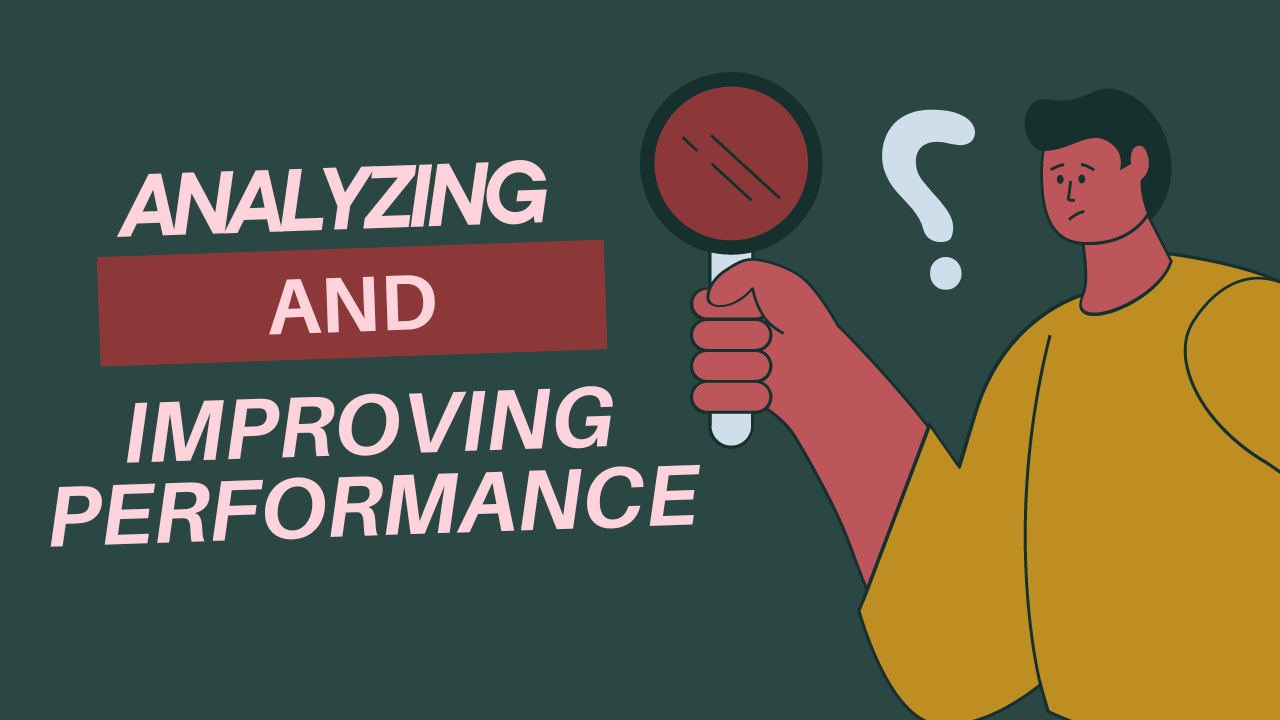
Using Analytics
Use tools like Google Analytics to monitor the performance of your website. Track key metrics like traffic, conversion rates, and customer behavior to identify areas of improvement. Review your analytics data regularly and make informed decisions about your marketing and operational strategies.
Seeking Customer Feedback
Take regular feedback from your customers to understand their needs and preferences. Use this feedback to make necessary adjustments in your business strategy. Gain valuable insights from your customers by implementing surveys, feedback forms, and reviews.
Scaling Your Business
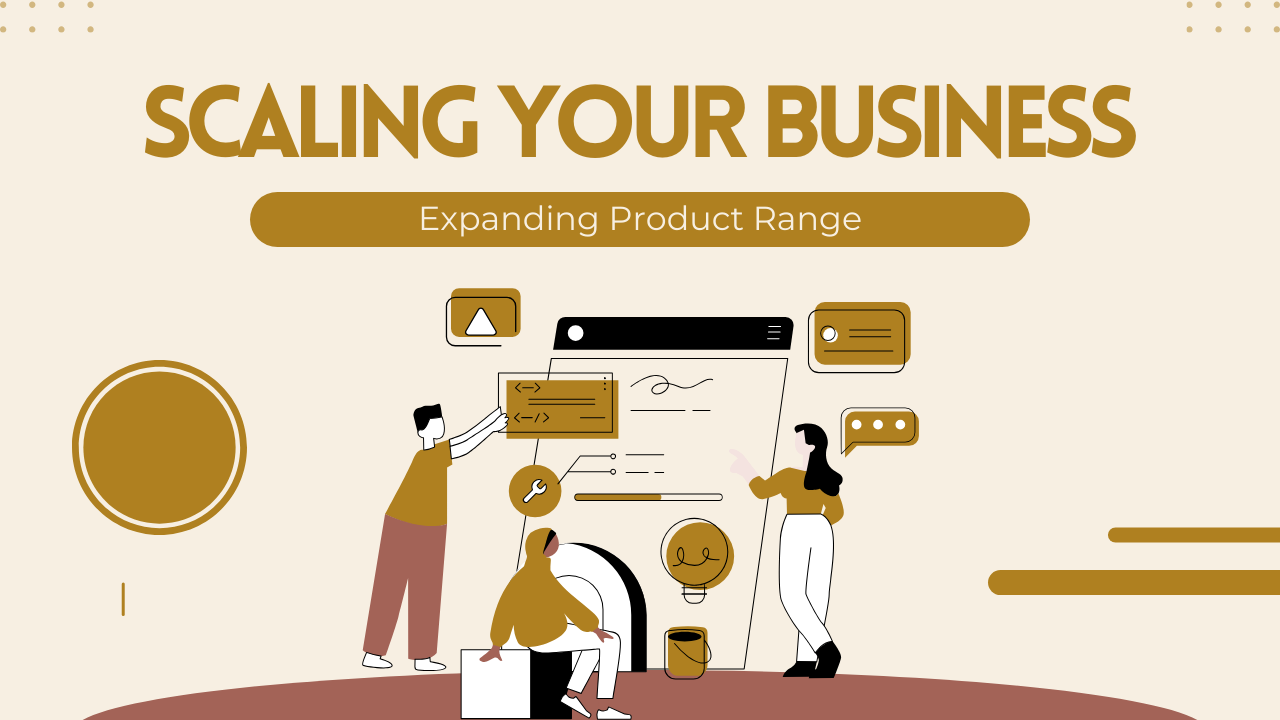
Expanding Product Range
Once your business is established, focus on expanding your product range so that you can attract more customers. Do market research to identify new opportunities. Introduce diverse products that complement existing products or explore new categories to expand your offerings.
Exploring New Markets
Make sure to expand your operations to other cities or areas. With this, you can reach a larger audience and increase sales. Before deciding on expansion, research the demand and competition in potential new markets.
What is the cost involved in launching an e-commerce business?
Start an e-commerce business in pakistan cost cheap.There are different costs involved in launching an e-commerce business that depend on your business model, scale, and the platform chosen. Here are some common costs to consider:
Website Development: Domain registration, web hosting, and if needed, costs to hire a web developer or use a platform like Shopify/WooCommerce.
Product Procurement: The costs of purchasing initial inventory or products to sell.
Legal and Compliance: Costs for business registration, trademark registration, and compliance with local laws and regulations.
Marketing: Costs for digital marketing activities such as SEO, PPC advertising, social media marketing, and content creation.
Payment Processing: Fees associated with using payment gateways like JazzCash, Easypaisa, or others.
Shipping and Logistics: Packaging materials, shipping fees, and warehousing costs if required.
Customer Service: Costs related to setting up customer support channels and tools.
Technology and Tools: Costs for software and tools such as inventory management systems, CRM software, and analytics tools (eg Google Analytics).
Miscellaneous: Branding, photography for products, and other costs such as running expenses.
To create a proper business plan and budget, it is important that you accurately estimate these costs according to your specific business needs and goals.
Is e-commerce profitable in Pakistan?
E-commerce can be profitable in Pakistan, but its success depends on several different factors including market demand, competition, execution of business strategies, and understanding of consumer behavior. Here are some important points that are worth thinking about:
Increase in Internet access: The increase in Internet access and smartphone usage has increased the customer base for e-commerce in Pakistan.
Consumer Behavior: Pakistani consumers now show interest in online shopping, especially for electronics, fashion, and everyday items.
Challenge: Solving challenges such as logistics infrastructure, reliability of payment gateways, and consumer trust in online transactions is essential for the long-term profitability of e-commerce.
Opportunities: E-commerce provides an opportunity to reach areas that are outside the reach of traditional retail, especially in urban areas where internet reach is greater.
Regulatory Environment: Understanding and following local laws and regulations for e-commerce operations is essential for long-term profits.
Generally, e-commerce in Pakistan offers a profitable opportunity, but businesses need to understand the challenges and adjust their strategies according to the dynamics of the local market and consumer expectations.
Is e-commerce a good career in Pakistan?
E-commerce is a rapidly growing career in Pakistan. With the increase in the use of the internet and digital technology, this field offers an increase in jobs and entrepreneurial opportunities. It includes various fields like digital marketing, logistics management, customer service, and operations management. Professionals also get work flexibility in this field. E-commerce platforms provide easy ways for individuals to start their businesses and the start-up cost is also less. This career also offers various opportunities for skills development like digital marketing, data analytics, and customer relationship management.
Conclusion
To start an e-commerce business in Pakistan is not difficult. By following all the above steps we can start a successful ecommerce business in Pakistan. The E-commerce business is rapidly growing because most people do online shopping.
A popular e-commerce store is Daraz, Shopify, WordPress, and Magento etc. Identify your niche, build an online store, and start selling after marketing your business.
To learn more, read our other articles visit our site.
FAQs
Is e-commerce a good way to earn money?
Yes, e-commerce can be a great way to make money as it has a global reach, and selling tips, and costs less than traditional retail. Success generally results from purposeful selection, marketing, and strong online engagement.
What are the benefits of an e-commerce business?
E-commerce businesses offer the benefits of access to global markets, selling tips, and lower operational costs than traditional retail. This gives me the freedom to work more efficiently, reach a larger audience, and provide opportunities for automation and better inventory management.
What is the future of e-commerce?
The future of e-commerce is emerging, which includes the increase in global digital use, the increasing possibilities of AI and automation, personalized shopping experiences, and the rise of mobile commerce. Customs tell us that the necessary increase in online sales, the introduction of virtual reality, and other logistics are available to meet the needs of consumers.
